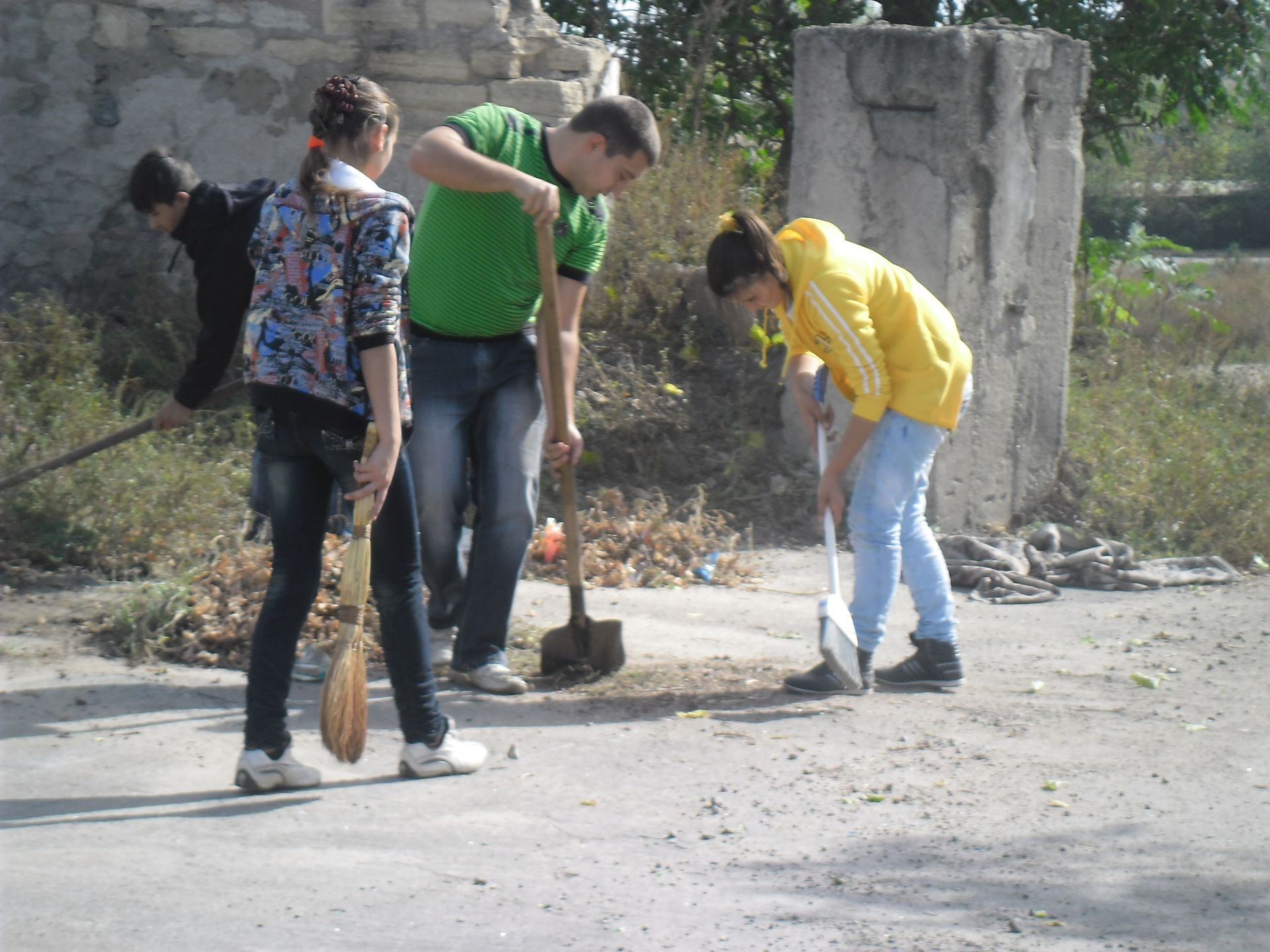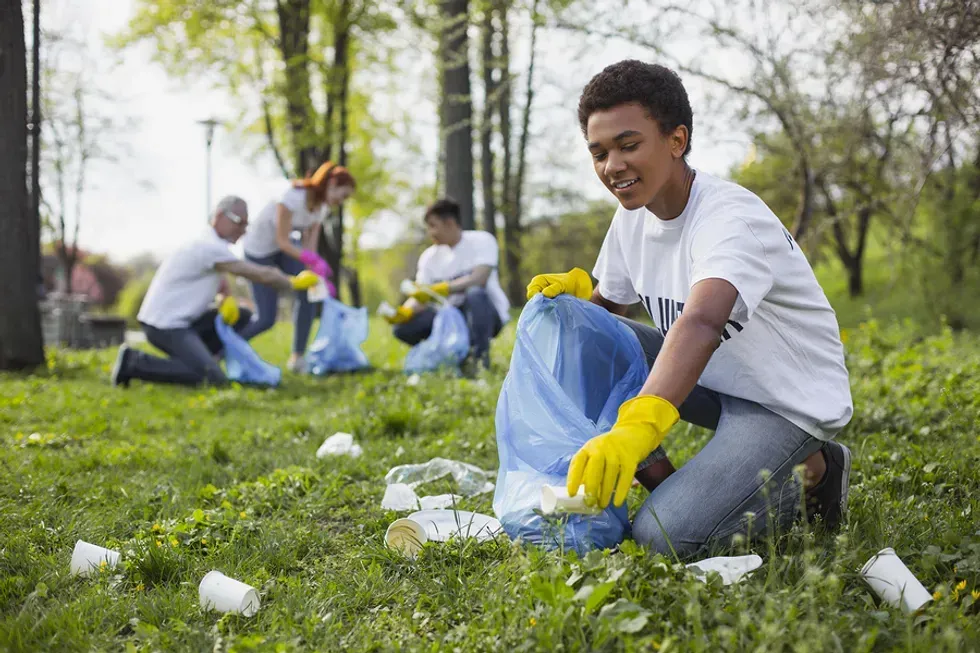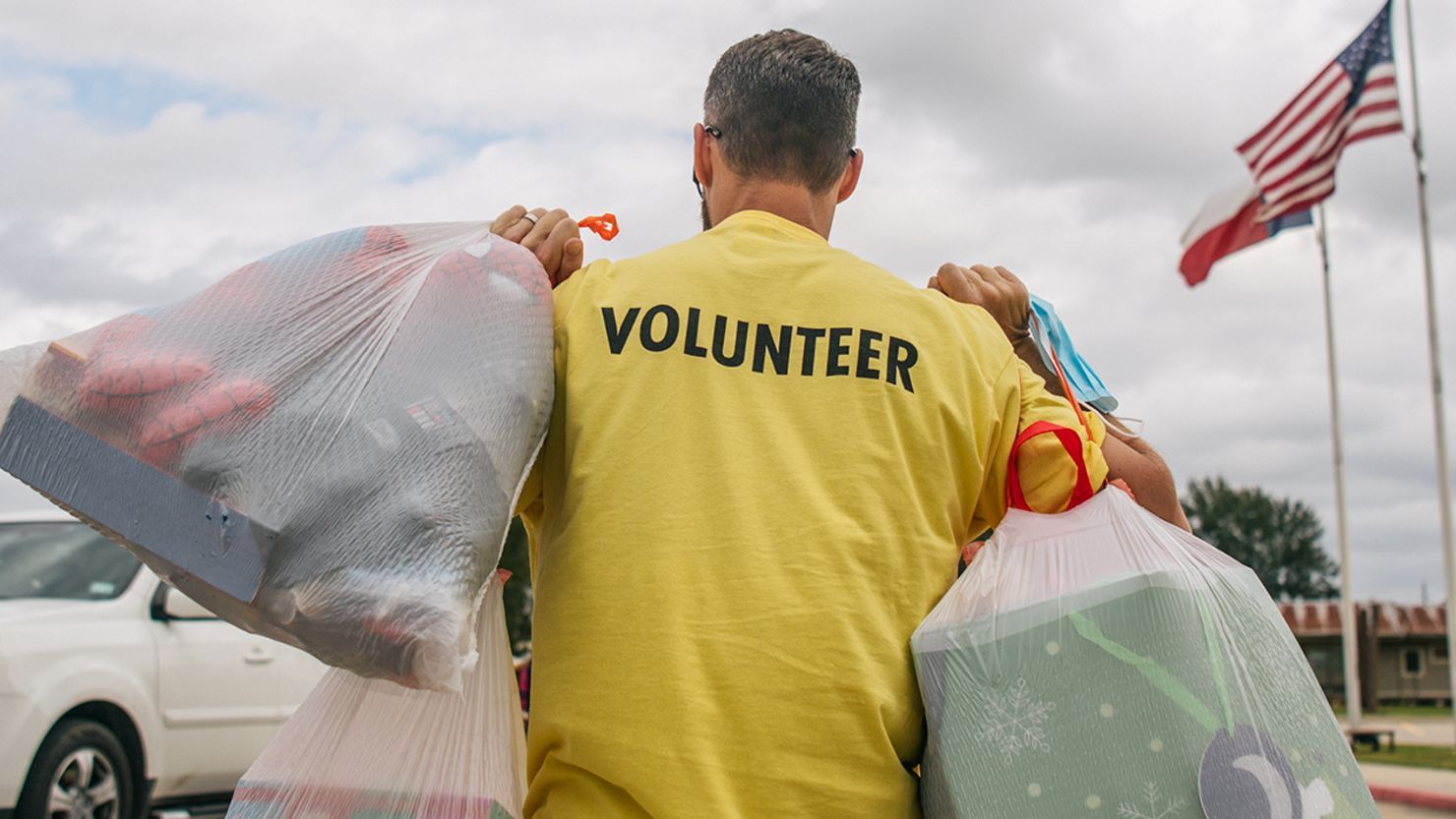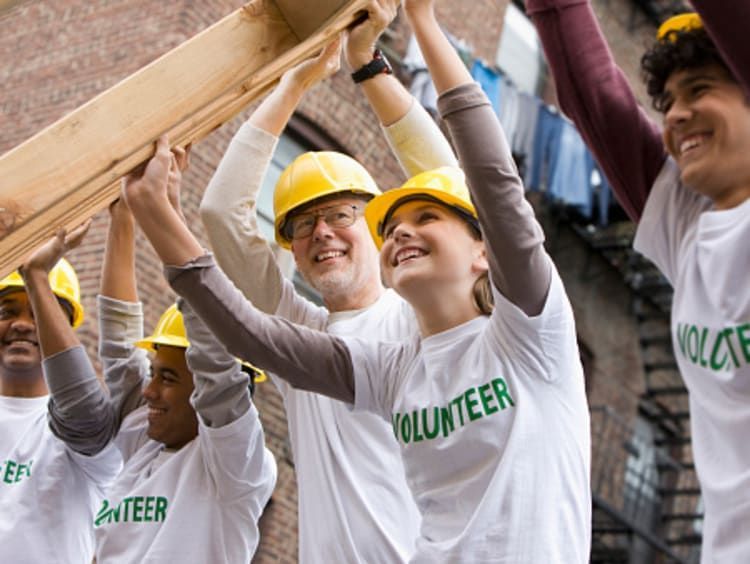Are Background Checks Required for Volunteers?
TLDR;
Yes, background checks are often required for volunteers, especially when working with vulnerable populations or handling sensitive tasks. Requirements vary based on state laws, organizational policies, and the nature of the volunteer role.
Volunteer Screening Policy: Why Safety Starts Here
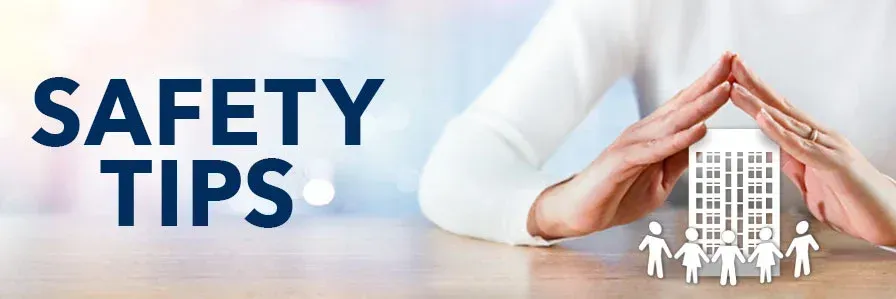
Volunteering may be unpaid, but it’s not without responsibility. In today’s climate, where safety and trust are non-negotiable, background checks are a necessary part of volunteer screening. Whether you're running a nonprofit, managing community events, or helping out at your local school, the question isn't if background checks are needed — it’s when and how to do them right.
CleanUP USA believes in protecting the communities we serve. And that starts with knowing who’s representing your organization.
Why Volunteer Background Checks Matter
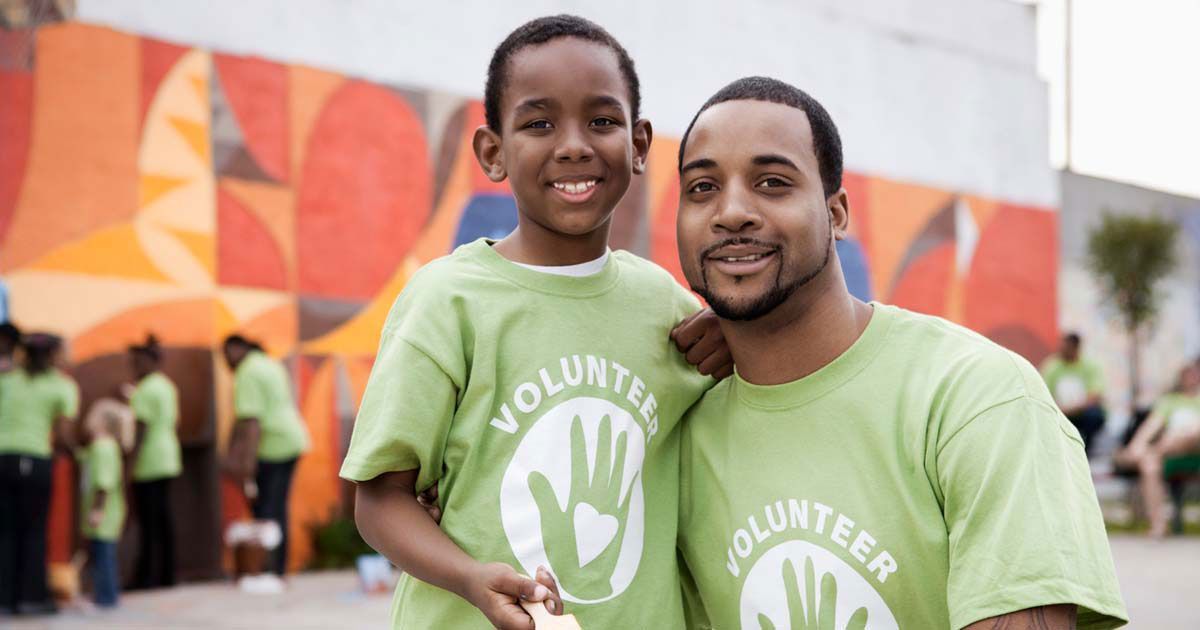
- Protecting vulnerable groups like children, seniors, or individuals with disabilities is a legal and ethical responsibility.
- Reducing risk and liability for your organization matters. A single incident involving an unscreened volunteer can lead to legal, financial, and reputational damage.
- Building trust with the community, donors, and beneficiaries requires transparency and diligence.
A study by the National Center for Victims of Crime found that organizations without proper screening policies are four times more likely to face lawsuits.
Are Background Checks Legally Required for Volunteers?

The short answer: sometimes — but not always.
Federal Laws
There is no sweeping federal law requiring background checks for all volunteers. However, some federal funding programs (like those related to children’s services) may mandate them.
State Laws
Each state has its own rules. Here are some common legal triggers:
- Working with children: Schools, youth programs, daycares — most states require checks here.
- Elder care and health settings: Required in many states.
- Churches and faith-based programs: Often exempt from mandatory checks but may still choose to conduct them.
Want to know your state's laws?
Grey Areas
Some roles aren’t covered by law but still pose risk — think event security or handling donations. In these cases, it’s up to your organization’s judgment.
Which Volunteer Roles Need Background Checks?

Not all volunteers require screening. But certain positions carry higher risk and demand more scrutiny. Learn more about the different Types of Volunteer Programs to better understand where screening may be most necessary.
Roles That Typically Require Checks:
- Volunteers working directly with minors
- Anyone handling money, donations, or finances
- Volunteers who enter people’s homes
- Drivers and transport volunteers
- Those with access to sensitive data
Roles That May Not Require Checks:
- One-time event helpers with no unsupervised access
- Administrative support in public spaces
- Volunteers in groups under supervision
Use this quick checklist to assess risk:
- Will the volunteer work with vulnerable people?
- Do they have access to private information?
- Are they in charge of money or property?
- Will they be unsupervised?
If you answered yes to any, a background check is advised.
What Types of Background Checks Are Used for Volunteers?
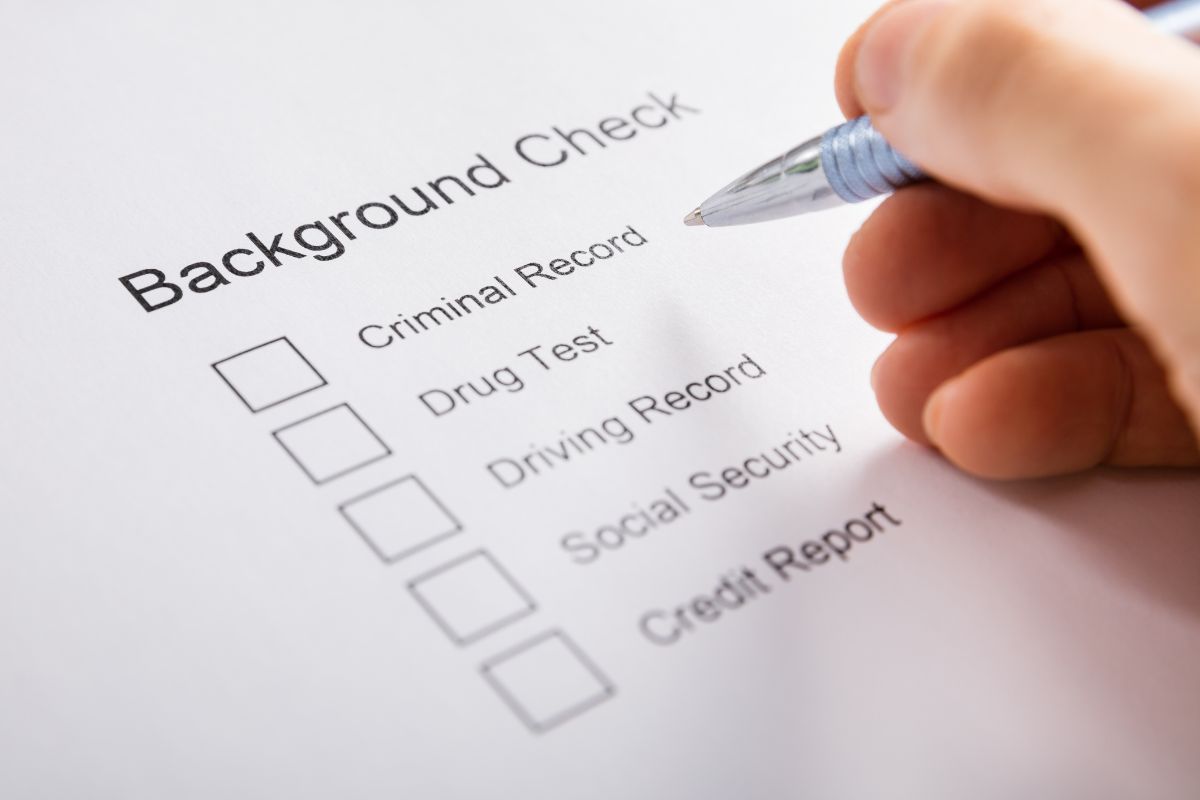
Depending on the role and the risk involved, different types of checks may apply.
Common Types:
- Criminal history checks (local, state, national)
- Sex offender registry checks
- Driving records (for transport or delivery roles)
- Credit checks (for financial positions)
These may be bundled or done individually. Most checks take 24–72 hours to complete.
How to Conduct a Volunteer Background Check
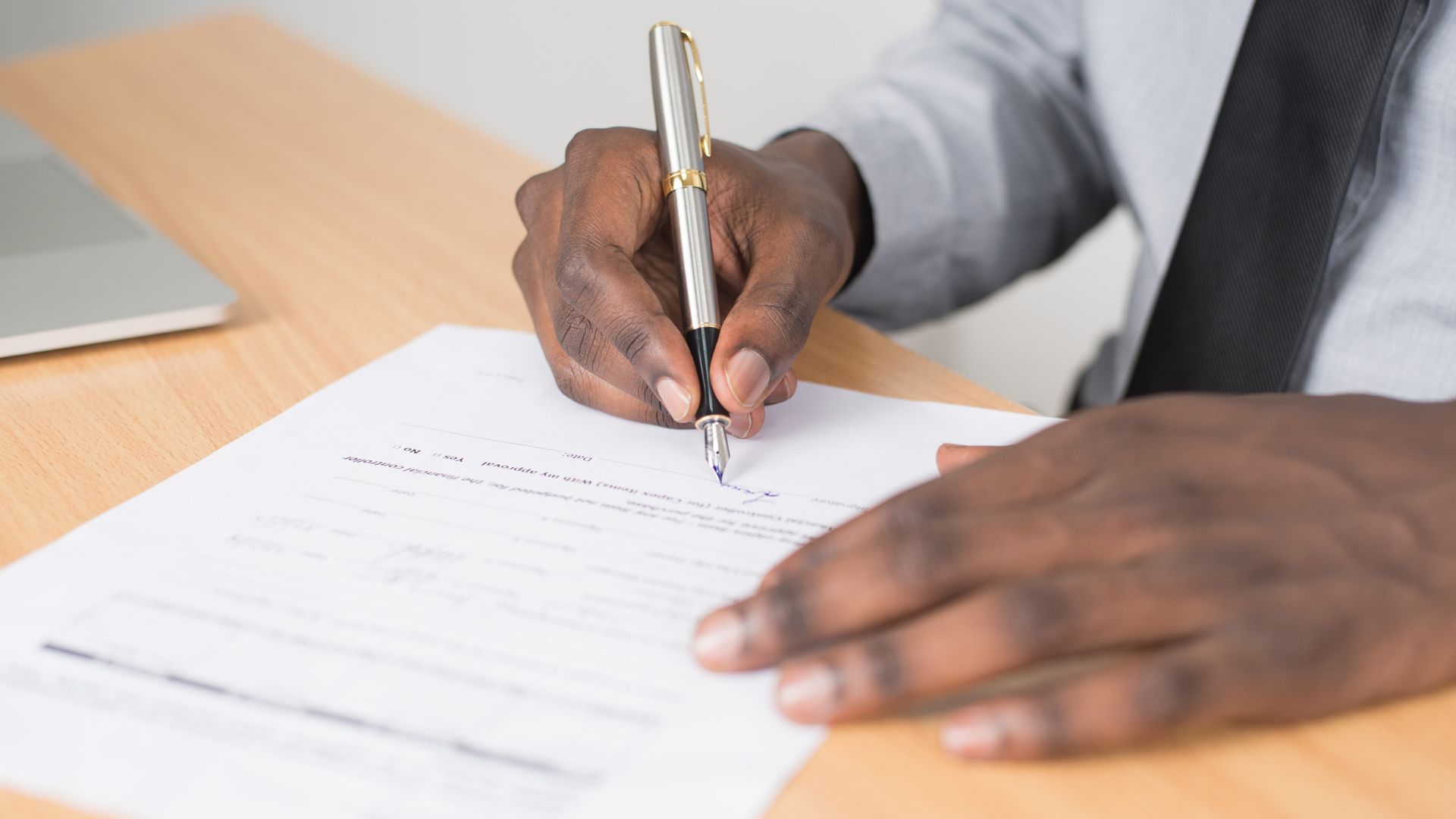
Screening doesn’t have to be complicated. Here’s how to do it right:
- Get written consent from the volunteer
- Choose a screening provider
- Popular options include Verified Volunteers, Sterling Volunteers, and GoodHire
- Run the appropriate check based on the role
- Review and interpret results fairly and consistently
- Document decisions and maintain compliance records
Make sure your process complies with the Fair Credit Reporting Act (FCRA), even for volunteers. Always provide a copy of the report if you take adverse action.
What to Do If a Background Check Raises Red Flags

It’s important to handle negative findings carefully and respectfully.
Consider the Context:
- Is the offense violent or related to the volunteer role?
- How long ago did it happen?
- Has the individual shown evidence of rehabilitation?
Best Practices:
- Talk to the volunteer about the results
- Avoid blanket disqualifications
- Base decisions on relevance and risk, not stigma
Do Background Checks Scare Away Good Volunteers?

This is a common concern — but it’s all about how you communicate the process.
Tips to Keep Volunteers Engaged:
- Be transparent about why screening is necessary
- Emphasize your commitment to community safety
- Ensure the process is respectful and non-invasive
- Provide clear info on what will be checked and why
Volunteers are more likely to walk away from poor communication than from screening itself.
Best Practices for Creating a Volunteer Screening Policy
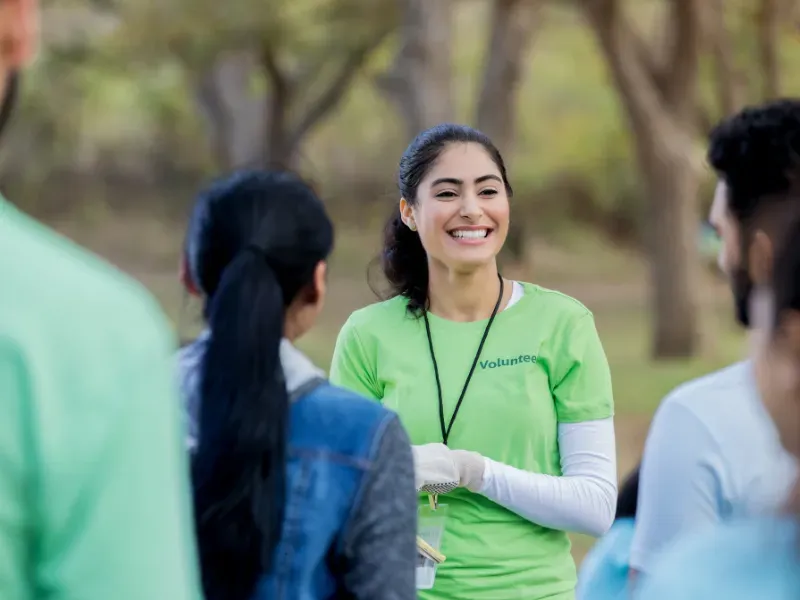
A well-written policy protects everyone. It also helps avoid accusations of bias or inconsistency.
What Your Policy Should Include:
- Which roles require screening
- Types of checks used
- How decisions are made
- How results are handled
- How often checks are renewed
Keep It Legal:
- Involve HR and legal professionals
- Make it clear and understandable
- Review it annually
Tools, Services, and Resources for Nonprofits

Screening doesn’t have to drain your budget.
Top Volunteer Background Check Providers:
- Sterling Volunteers – scalable, nonprofit-focused
- Verified Volunteers – built for community orgs
- GoodHire – FCRA-compliant with customizable options
- Checkr – fast, mobile-friendly, and automated
Budget-Friendly Options:
- PeopleCheck – offers nonprofit discounts
- TruDiligence – affordable bulk screening
- State-run services – many states offer low-cost checks for nonprofits
Resources:
- National Center for Nonprofit Risk Management
- VolunteerMatch's safety toolkit
- Your local Department of Human Services
Criminal Background Checks for Volunteers: Balancing Safety and Inclusion
Background checks aren’t about excluding people — they’re about protecting the people and missions we serve.
At
CleanUP USA, we’ve seen how proper screening strengthens teams and safeguards our purpose. It’s not about perfection. It’s about preparedness.
Support CleanUP SCAN ME


